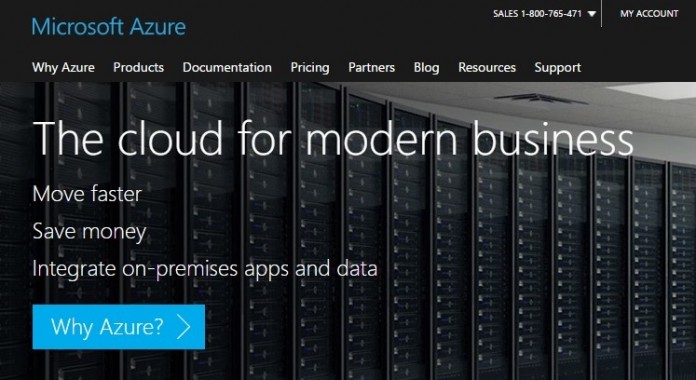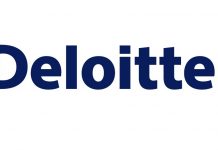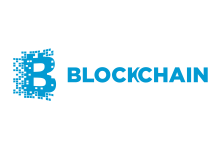Microsoft Azure on Thursday rolled out more news about its rapidly growing Blockchain as a Service (BaaS) platform, welcoming six more partners and revealing main sites where partner offerings can be found.
Microsoft’s new BaaS partners include Algorythmix, Expanse, Influx, Monero, Radium and Tendermint.
Algorythmix has brought its Cetas project to Azure’s BaaS platform. Ceta, a decentralized KYC and credit rating service, is designed to provide identity and reputation services across multiple organizations. Cetas permits sharing of complex identity and reputation system processes like KYC/AML with credit rating across various cross industry organizations. Cetas maintains an apt balance between AML and Privacy laws by empowering regulators with oversight, users with consent and banking institutions with verification rights. This robust identity platform enables a next generation P2P credit rating platform where the credit score of an entity can be generated based on behavior across the new collaborative economy.
Integration with Microsoft Azure can provide users and organizations a KYC/AML/Credit service for distributed ledgers and their applications. For developers, Certas provides a platform to build extended services with additional KYC/AML functionality for their industry. Algorythmix is releasing a beta version of Cetas on Microsoft BaaS expected to be delivered in the coming months.
Expanse is a community-based, decentralized information, application, and smart contract platform. The Expanse project is operated by its community through a DAO (decentralized autonomous organization) where members directly collaborate, exchange thoughts and ideas, and vote to determine the project’s future developments and management decisions. Featuring a growing collection of smart contracts, DApps and toolkits provide users and organizations with “intuitive access” to blockchain tech.
Influx is a X11 algorithm based cryptocurrency without a pre-mine using a proof-of-work and proof-of-stake hybrid backend designed specifically for CPU/GPU setups. Originally planned as just a novelty coin to educate younger people about cryptocurrency, it has evolved into more of a project. Influx is now working to obtain partnerships to use its platform for web services such as web hosting and other payment solutions pertaining to the vast web space.
Monero is a cryptocurrency not based on the Bitcoin codebase that aims to remain as private, secure, and scalable as possible. All Monero transactions are designed to be cryptographically untraceable and unlinkable, and there is no separate “clear” token. This enables end users to use Monero as a private store of value and as a medium of exchange that is impervious to blockchain analysis or miner censorship. The team behind Monero through a “private-by-default” approach has positioned the platform for use in building privacy-aware or privacy-centric applications. Monero also has a small and simple metadata storage area (tx_extra) available in every transaction, uncomplicated cryptography based on Daniel J. Bernstein’s Curve25519 EC curve as well as EdDSA signature, and a dynamic block size algorithm tht grows and shrinks the block size limit based on the on-chain demand.
Radium is a proof-of-stake cryptocurrency that serves as the base blockchain for the Radium SmartChain. The goal of Radium and the SmartChain is to provide a unique platform for development of decentralized blockchain services without centralized servers. The quickly growing list includes Username-Address linkage, proof-of-existence, proof-of-ownership, and proof-of-file origin. The advanced Radium functions are embedded in the Radium block chain and accessed through the SmartChain RPC Client. File origin can be verified through the SmartChain OneClickVerify system, or online through the SmartChain verify website.
Tendermint is developing a new modular architecture for blockchain development, with an open-source blockchain engine at the core that can power any ledger application, whether it be based on Bitcoin’s UTXO, the Ethereum virtual machine, or entirely novel designs.
Tendermint also permits programming blockchain applications, such as smart contracts, in any programming language, utilizes a state-of-the-art accountable Byzantine Fault Tolerant consensus algorithm for security, uses digital signatures and quorums instead of electricity and mining, can achieve sub-second blocktimes and 10,000 transactions-per-second as well as enable transactions settlement instantly on a fork-free chain.
The Azure team also revealed that they have aggregated all of the various BaaS partner offerings into the following locations:
Azure DevTest labs permits customers to create a lab “sandbox” to invite partners, competitors and supply chain participants into where they can be contributors having full control over resources they create, but no administrative permissions to others resources.
Marley Gray, Director, BizDev & Strategy - Cloud and Enterprise at Microsoft Azure, added:
It creates the perfect environment to try out collaborative use cases for blockchains in a move towards a shared ecommerce platform based on distributed ledgers. This allows you to create your own “private” consortium lab within your Azure subscription, setting up restrictions for usage, etc., but skip the whole “joint” lab setup and get to work ASAP.
Existing Azure BaaS partners include Alphapoint, Augur, BitPay, Bitcoin Core, BitShares, BlockApps, CoinPrism, ConsenSys, Emercoin, Eris Industries, Factom, IOTA, LibraTax, Lisk, Manifold Technology, Multichain (Coin Solutions), Netki, Ripple, Syscoin and Slock.it.
Gray also revealed that Manifold’s BaaS offering now installs the Manifold Platform Blockchain as a Service Endpoint on a CentOS VM.







